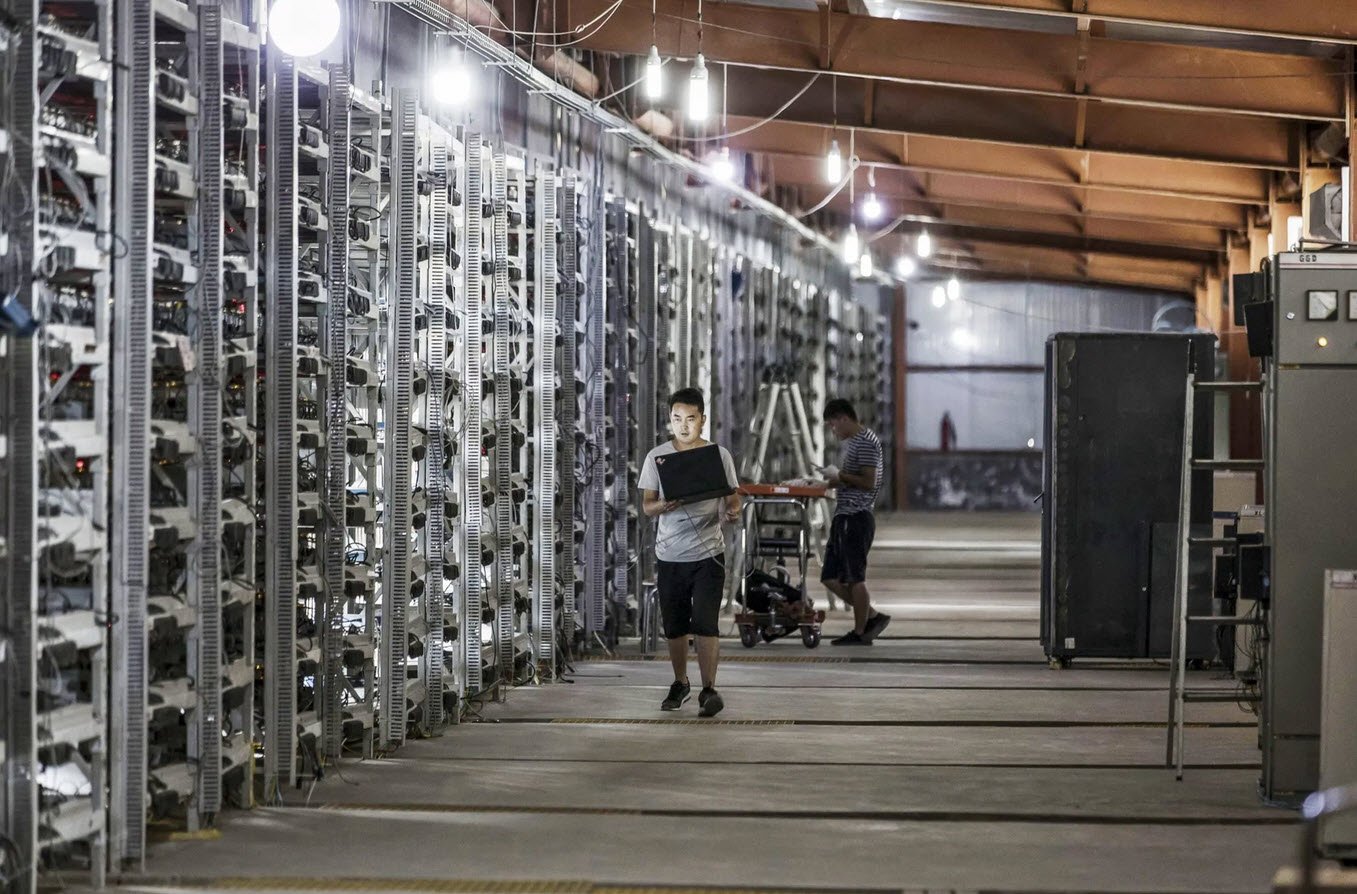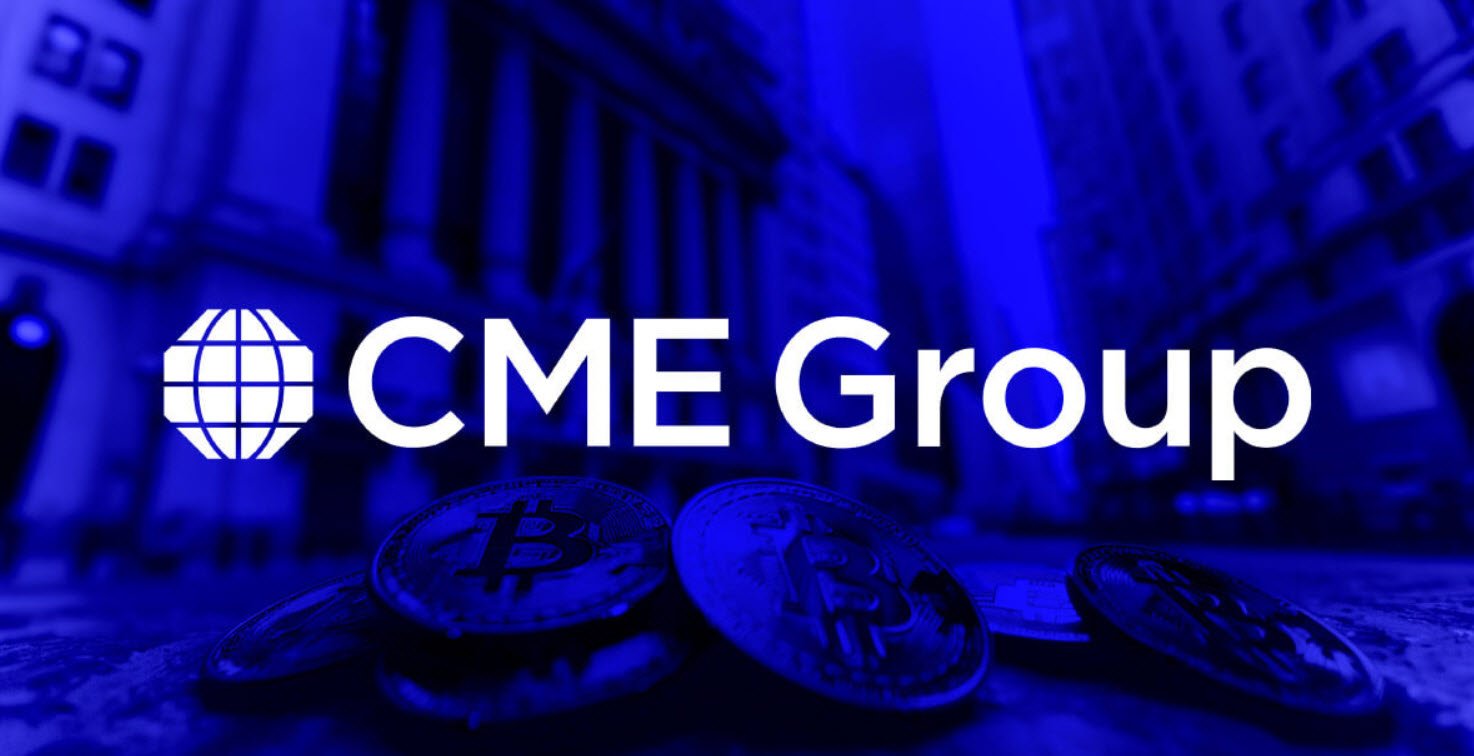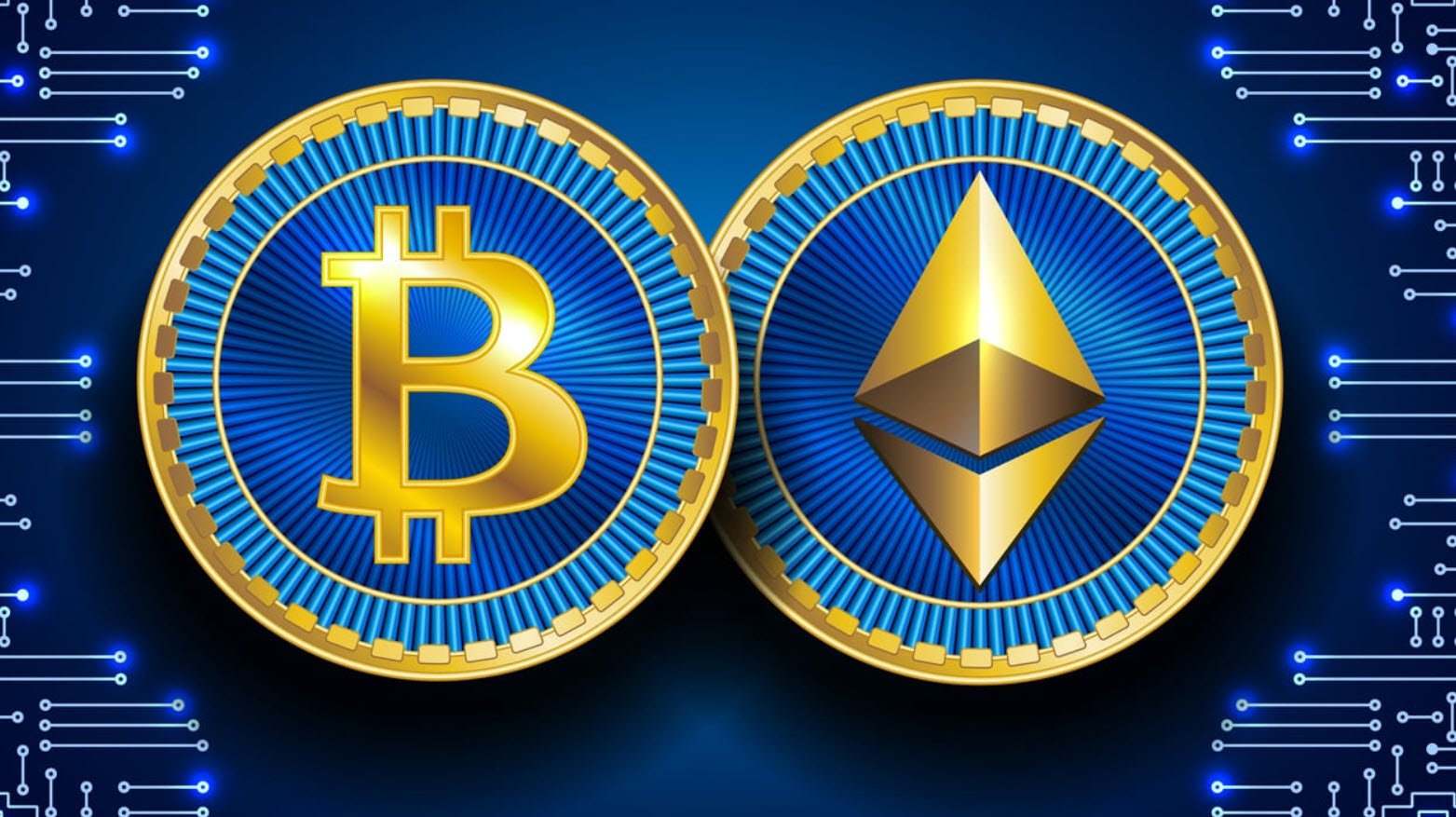
Let’s look at the various best practices to be followed to safeguard your digital assets if you want to be a respected cryptocurrencies investor or a person that wants to trade in cryptocurrency.
Let’s explore all:
Secure your private keys
Any typical Bitcoin (BTC) transaction needs your private key to unlock its Bitcoin outputs or its value. Bitcoins are stored in wallets. These wallets are collections of public and corresponding private keys, where the public keys are represented by the Bitcoin address.
If your Bitcoins are not at a Bitcoin address that you directly control, they are not under your control at all. It is said that if you do not have the keys, you do not have control of the Bitcoins.
Basically, you only own the Bitcoins when you own the corresponding private keys. If a third-party obtains one or more of the private keys that are saved in your wallet, they can use any coins previously received by that public-private key pair or combination. Such a transaction doesn’t have to be made using your wallet.
It can be brought into any device, from anywhere. This is a design feature of Bitcoin that allows, among other things, the ability to import and export addresses between wallets. This is as good as your credit card or debit card PIN. You certainly do not want to let an unknown person know your PIN.
Beware of online services
There are thousands of online exchanges such as CoinDCX, Binance, Coinbase etc today catering to the online trading of cryptocurrencies. When we aren’t aware of these exchanges’ origins, trusting them is out of the question.
To date, 12-bit connections have been hacked and have had Bitcoins stolen from them. This type of invasion seeks a connection to the essence of the servers of the service where the account credentials and wallets are reserved. A simple way to avoid security breaches that are caused by third-parties is to not store cryptocurrencies on an exchange.
Also Read: [Buy and Sell Crypto] Top 5 Indian Cryptocurrency Trading Platforms
If your particular trading or investment strategy requires you to preserve the balance of cryptocurrencies on your exchange, you must check the access funds or the exchange accounts daily. However, exchanges such as Coinbase do provide a web wallet service that uses the recommended policies and procedures to safeguard your tokens.
The Bitcoin world has seen a huge number of new users coming into the ecosystem. This always engages and welcomes all kinds of hackers who try to attack the ecosystem. The most common Bitcoin scam is a Bitcoin Doubler.
Operators of such con schemes state that they will give you back 5%, 100%, or even 200% on your deposits in a short space of time. Well, Bitcoin is fairly uncontrolled and nobody will come to your rescue when your savings are lost.
This is an important part and an added security part for cryptocurrency investors. It is to do with two-factor authentication. It is necessary that you should use wallets and exchanges that force two-factor authentication (2FA). This needs a user to confirm their identity with more than a simple password.
You can also use fingerprints, knowledge of personal data, or validation from a secondary device to utilize 2FA, and this feature should be enabled by all users. While this may delay the login time, it may save you from an expensive hacking crisis.
Remember that 2FA cannot secure access to your online account, but it can act as an extra security layer while carrying out any purchases or sales involving coins.
Back it up
Due to the breakdown of your computer or mobile phone, access to your coins is not possible. Coins that cannot be accessed are treated as lost forever. Backups are a must when handling important data, especially when the data is something to do with your money or cryptocurrencies. This is something that should be naturally followed.
A good backup strategy is your safety net against the loss of your Bitcoin wallet due to hardware drive failures or natural disasters. If your hardware drive dies or if your computer is lost or stolen and you don’t have a backup of the Bitcoins, they are gone. You can check with your wallet service provider or software about which files to back up.
A good strategy is a 3-2-1 strategy.
- Number 3 is three backups on two different media devices, such as an external hard drive or a USB flash drive;
- Number 2 is to store them on your paper wallet; and finally,
- Number 3 is to store them at a remote location or your friend’s house.
This 3-2-1 strategy has often helped people to prevent their cryptocurrencies from being stolen. If a wallet offers protection for your password, ensure that you use it. This feature conceals a wallet file, that is, the file.dat file, or something that is the same as the file.dat file, which stores private keys and any metadata that may harm your privacy if leaked.
Even if an attacker tries to hack into your computer and gets access to the file, it will be of no use as it is encrypted and cannot be used without the password.
Note: use a strong password that is difficult to assume or crack. The Hierarchical Deterministic (HD) wallet uses the HD or VIP protocol, in which a backup has to be performed once, which consists of 12 or 24 human readable words that you can write down and keep in a secure place. Daily backups are not needed and whenever you want to restore your wallet, it will ask for these words in the exact same sequence.
Better to go offline or cold
If you will not use your cryptocurrency for a long time, say a few months or a year or two, you need to keep your currency safe and prevent easy access. You can use offline wallets, as these are the most secure storage, where private keys are both developed and reserved offline.
This greatly reduces the danger of coins being stolen by hackers or malignant software. Find the cold storage solution that is suitable for you. If you plan on holding a small amount of Bitcoins for any length of time, say three months or more, the best thing to do is to move them offline and off your computer.
A paper wallet is a piece of paper with a private key engraved on it, and it is usually in the form of a QR code. Some paper wallets can be printed, so you can record your balance without importing the private key to a different wallet. You can securely develop a paper wallet and keep it safe in your personal vault. Payment for products and services that are offered by the site are not needed.
Next is the hardware wallet – they are tiny devices or smart cards that can be connected to your computer, phone, or USB. This type of wallet is generally the most securely guarded because the private keys are stored offline and they never leave the device at all.
Funds can be sent by users from their hardware wallets to exchange and trade them. At the same time, it ensures security for the bulk of their investments. Trezor, for example, is a hardware wallet that provides a high level of security without sacrificing convenience. Another benefit is that Trezor can sign a transaction while connected to an online device. That means spending Bitcoins is safe even when using a compromised computer.
Diversify your storage
Diversification is always a way to mitigate risk. Based on your trading pattern and the amount of coins you trade daily, weekly, and monthly, you can store your cryptocurrencies in different wallets. You can use a number of wallets such as on desktops, mobiles, or even an offline wallet.
In general, your largest stock can be stored in a hardware wallet, which is more secure. You can alternatively store it in a paper wallet and secure this paper in your personal vault. Some coins can be stored in your desktop or HD wallet, while a small amount of coins can be stored online for regular trading purposes. This makes life easier.
Source: Book: Learn Bitcoin and Blockchain By Kirankalyan Kulkarni
You may also like:- Bitcoin Continues To Decline Due To Miner Pressure
- Breaking News: Louisiana Passes Bill Protecting Bitcoin Custody and Banning CBDCs
- 14 Years Ago Today, Laszlo Hanyecz Paid 10,000 #Bitcoin’s For Two Papa John’s Pizzas
- CME Group to Launch Bitcoin Trading – A New Era in Cryptocurrency Market
- Tornado Cash Developer Alexey Pertsev Sentenced to 64 Months for Money Laundering
- Alert: Massive $2 Billion Worth of Bitcoin & Ethereum Options Set to Expire Today
- Binance Secures Registration with India’s Financial Intelligence Unit (FIU)
- Donald Trump Embraces Cryptocurrency for Presidential Campaign Donations
- Susquehanna International Group Explores into Bitcoin ETFs with a $1.3 Billion Investment
- Bitcoin Network Celebrates a Milestone: 1 Billion Transactions








